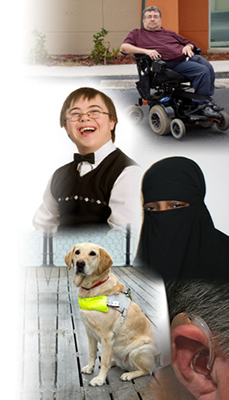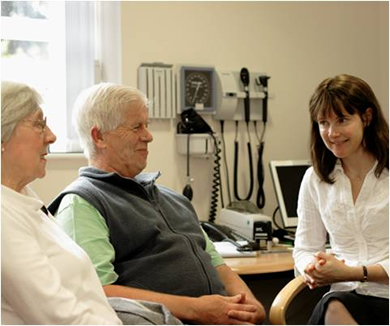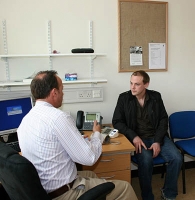Equalities Legislation course for GPs



There is a moral imperative, a business case and a legal imperative for the promotion of equality, diversity and human rights. This session focuses on the legal imperative.
This session was reviewed by Khyati Bakhai and last updated in November 2018.
Learning Objectives
By the end of this session you will be able to:
- Identify equality and human rights legislation that is important to your practice as a GP
- Demonstrate the link between specific human rights and issues in healthcare
- Give examples of how your surgery or health centre has responded to equality and human rights legislation to improve services for patients and the working lives of the health professionals who work there
The need to practise medicine in a way that promotes equality, values diversity and respects human rights is becoming increasingly enshrined in UK law. Equality and human rights laws are important to you, as a practitioner and employee, and to your patients.
Jackie Beavan qualified as a nurse in 1971 and was a hospital nurse until the mid-eighties. Since then, she has worked in education and training and has a special interest in communication, equality and diversity.
She has a BA in English, a BSc in Health Science and an MA in Linguistics. In 2002, she helped to update the second edition of ’Valuing Diversity’, an educational resource for GPs, commissioned by the RCGP and edited by Joe Kai. She was also involved in the research and development of ’PROCEED: Professionals responding to ethnic diversity and cancer’, an educational resource commissioned by Cancer Research UK, also edited by Joe Kai.
Jackie is based at the Interactive Studies Unit in the Department of Primary Care and General Practice at the University of Birmingham. Her main role there is to deliver courses in advanced communication skills to senior health professionals working in cancer care. She is also involved in delivering training in communication, equality and human rights for health professionals and medical students. Currently, she is working with Heart of Birmingham Primary Care Trust on a human rights pilot project in conjunction with the Department of Health and the British Institute of Human Rights.


Dr Gill is a Reader in Primary Care Research at the University of Birmingham and a GP in Birmingham. His research interests include addressing health inequalities particularly amongst migrant populations and evidence-based health care and its application to health care delivery. In addition he is also the Regional Patron for the charity South Asian Health Foundation
- Assessment course for GPs
- Posted By eIntegrity Healthcare e-Learning
- Posted Date: 2024-11-10
- Location:Online
- This session describes the main tools used to assess trainee GPs and distinguishes between formative...
- Self Appraisal course for GPs
- Posted By eIntegrity Healthcare e-Learning
- Posted Date: 2024-11-10
- Location:Online
- This session describes an approach to self-appraisal, and provides practical tips and guidance about...
- Telephone Consultations course for GPs
- Posted By eIntegrity Healthcare e-Learning
- Posted Date: 2024-11-10
- Location:Online
- This session explores the issues that may arise when a consultation is conducted over the telephone,...
- Difficult Consultations course for GPs
- Posted By eIntegrity Healthcare e-Learning
- Posted Date: 2024-11-10
- Location:Online
- This interactive session explores some of the difficulties associated with patients whose behaviour ...
- Balint's Ideas course for GPs
- Posted By eIntegrity Healthcare e-Learning
- Posted Date: 2024-11-10
- Location:Online
- This session introduces Michael Balint, outlines his principal ideas and describes his innovative us...







